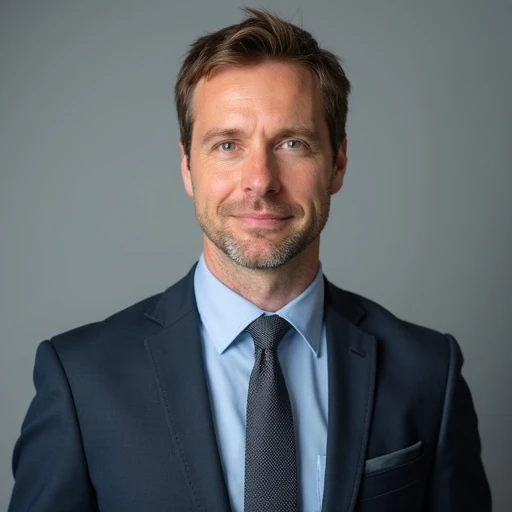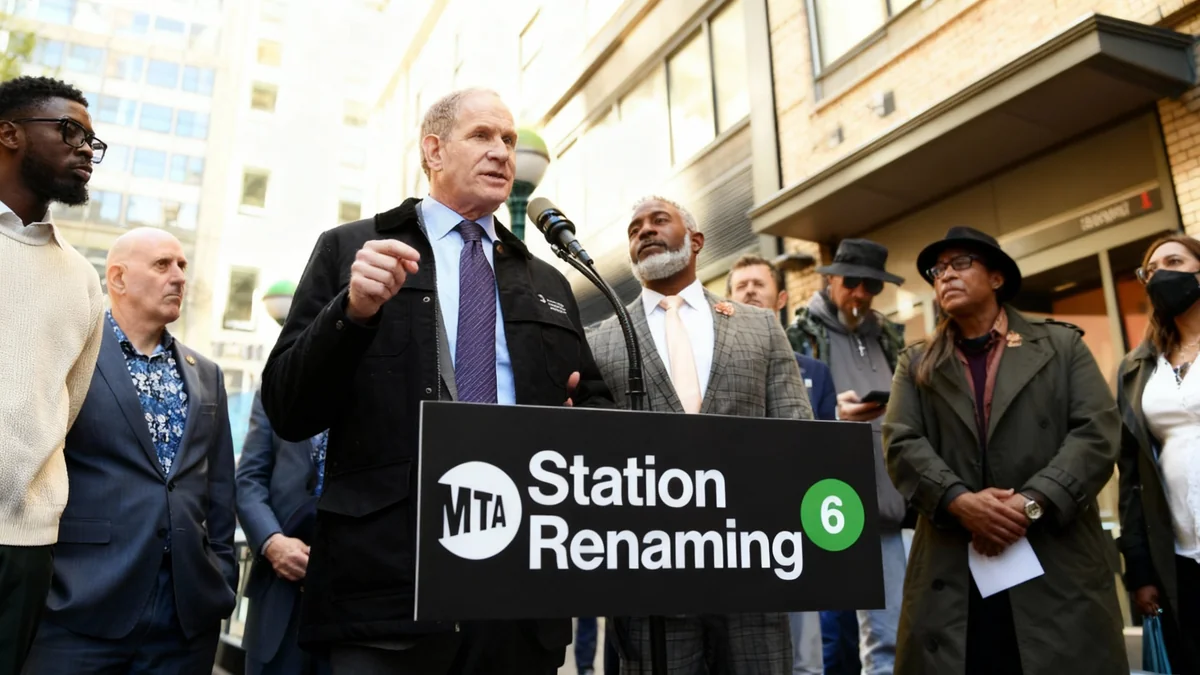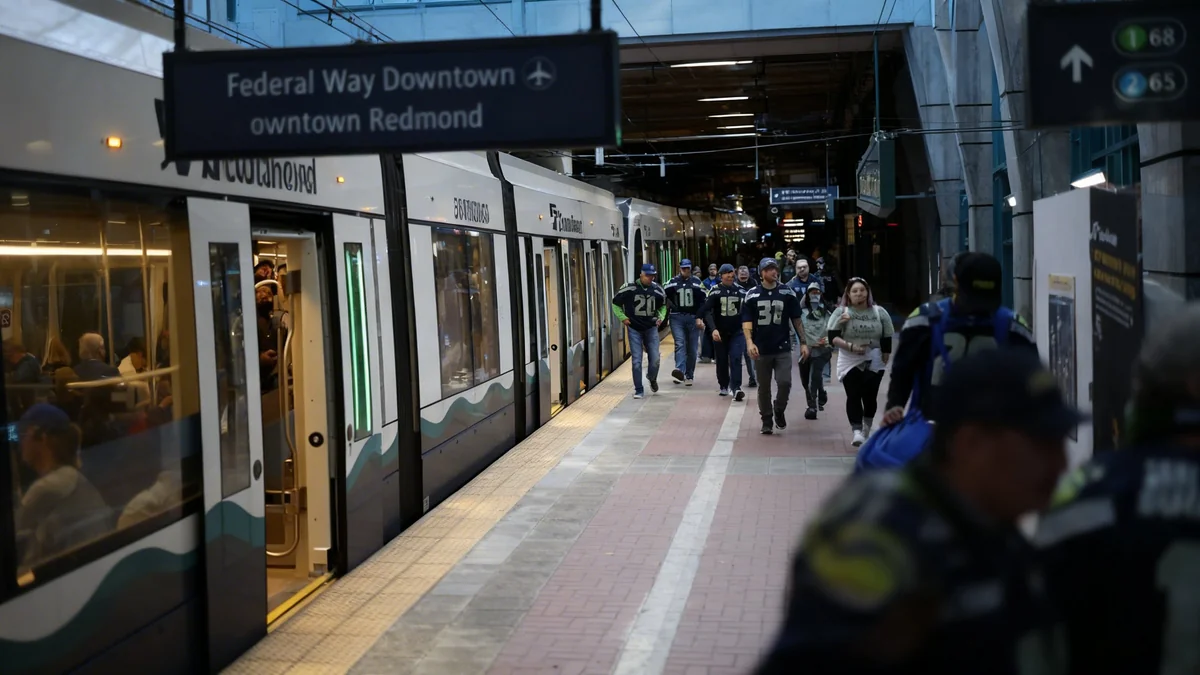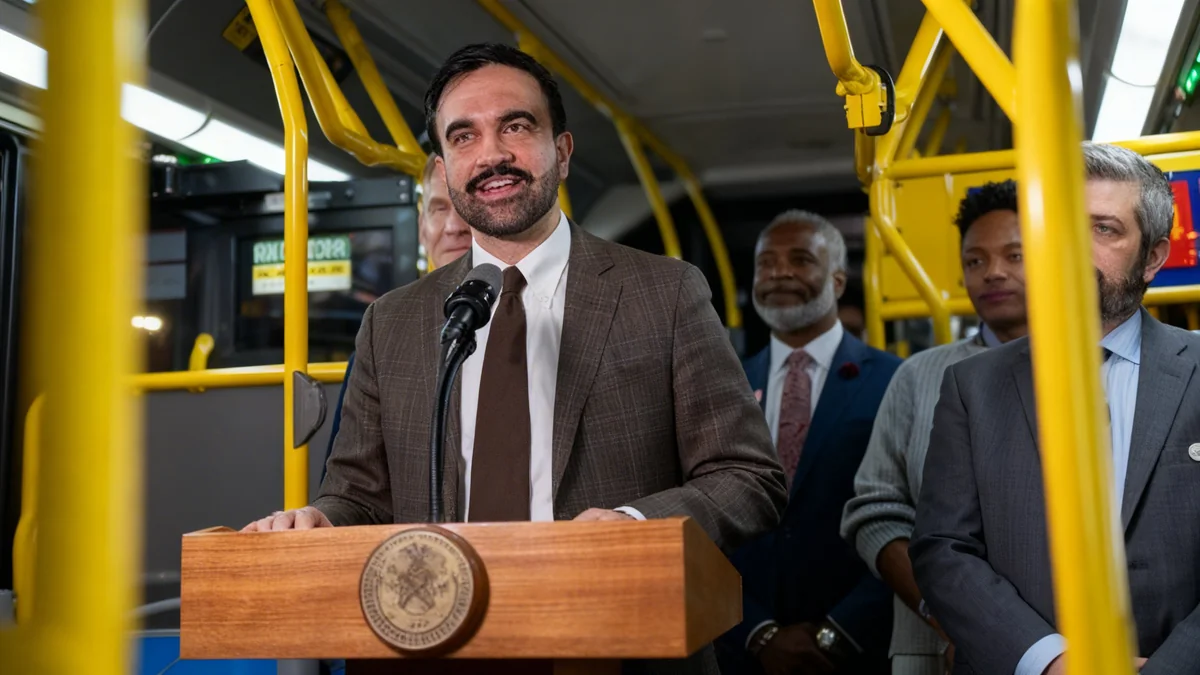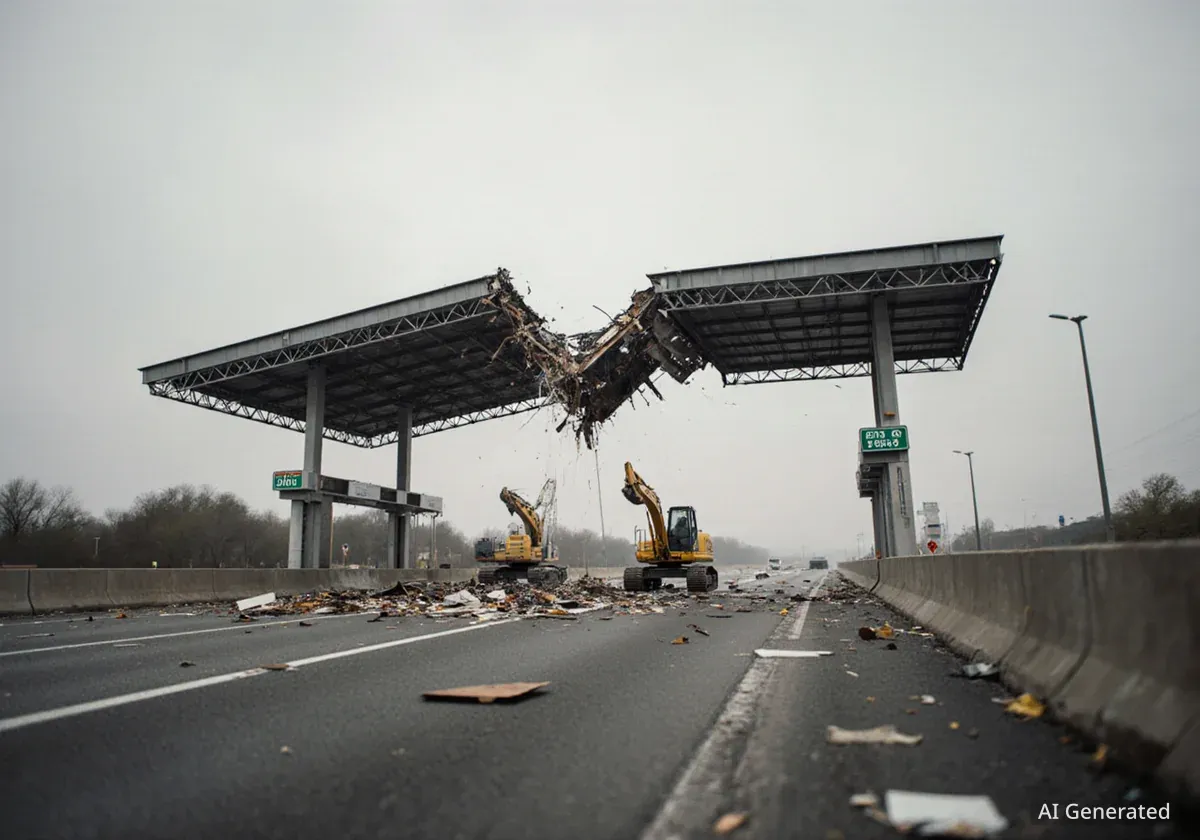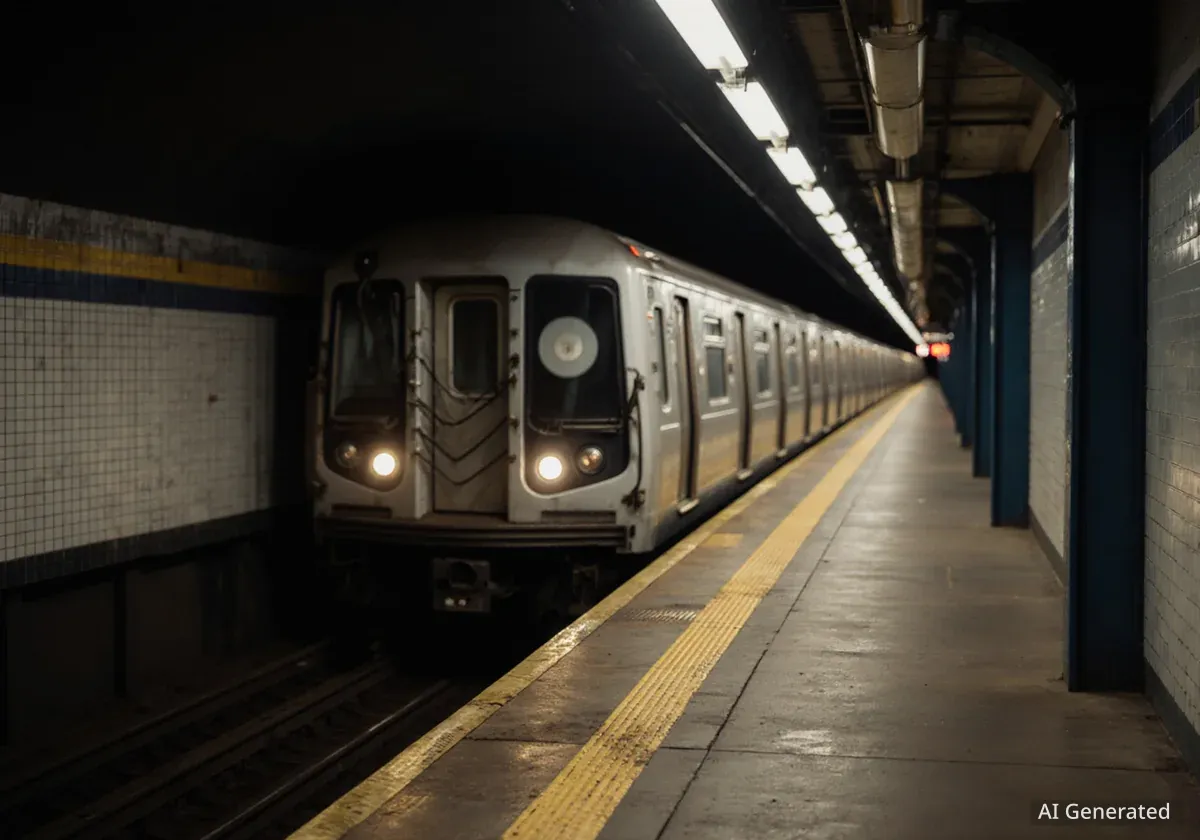New York City's Metropolitan Transportation Authority (MTA) CEO Janno Lieber has publicly rejected a proposal for free bus service across the city, calling the plan 'half-baked' and significantly more expensive than its proponents claim. The proposal, a key campaign promise from mayoral hopeful Zohran Mamdani, faces strong opposition from the transit chief due to concerns over cost, operational impact, and equitable distribution of benefits.
Lieber emphasized the need for extensive study and careful consideration before implementing any large-scale changes to the transit system. He highlighted potential increases in operational costs and the complex logistics involved in such a major shift.
Key Takeaways
- MTA CEO Janno Lieber criticizes free bus plan as too costly and unstudied.
- Lieber estimates annual cost could reach nearly $1 billion, higher than proposed $700 million.
- Concerns raised about increased ridership, need for more buses, drivers, and depots.
- Potential impact on subway revenue and overall transit system balance requires study.
- Lieber advocates for prioritizing low-income riders in transit discussions.
Cost Projections Disputed
The central point of contention revolves around the estimated annual cost of providing free bus service. Mamdani's campaign has cited a figure of $700 million per year, based on current fare box revenue from buses. However, Lieber strongly disputes this number.
According to Lieber, the MTA's own projections indicate that bus revenue will likely approach $1 billion annually in the coming years. This discrepancy suggests the proposed budget for the free bus program is significantly underestimated.
"They’re looking at fare box revenue that we got from buses last year and so on. But you know, our projection is that that bus revenue is going to start to push closer to a billion dollars a year in the next couple of years," MTA CEO Janno Lieber stated.
Fact Check
MTA bus fare revenue is projected to reach nearly $1 billion annually in the next few years, not the $700 million cited by proponents of the free bus plan.
The Need for Extensive Study
Lieber stressed that any change of this magnitude requires thorough analysis. He pointed to the extensive five-year study conducted for the city's congestion pricing program as an example of the due diligence needed for such a significant policy shift.
Implementing a free bus system without proper study could lead to unforeseen consequences and operational challenges. The MTA head suggested that any implementation would be years away, given the stages of analysis and review required.
Operational Impacts and Logistics
Beyond the direct financial cost, Lieber raised several operational questions that remain unaddressed by the current proposal. A significant increase in bus ridership, which would likely occur with free service, could strain existing resources.
- Would the MTA need more buses to accommodate increased demand?
- Would additional bus drivers be required?
- Are there enough depots and maintenance facilities to support a larger fleet?
These logistical challenges represent substantial additional costs and planning efforts that have not been factored into the current discussion.
Background
Zohran Mamdani, a Democratic Socialist lawmaker and current mayoral frontrunner, has made free bus service a central part of his campaign platform. The proposal aims to ease financial burdens on commuters and encourage public transit use.
Impact on Subway Revenue and Equity
Another critical concern for the MTA is the potential impact on subway fare revenue. If a significant number of riders shift from the subway to free buses, it could create a substantial deficit in the MTA's overall budget, which relies heavily on subway fares.
Lieber also emphasized the importance of prioritizing low-income riders in any transit policy discussion. He expressed concern that a blanket free bus policy might disproportionately benefit those who do not necessarily need it, rather than focusing resources on the most vulnerable commuters.
"I want to make sure that people of limited income get priority in this discussion and we’re not just giving a ton of money to people who ride the 104 on the Upper West Side," Lieber noted during a recent interview.
Prioritizing Limited Income Riders
The MTA chief suggested that targeted programs might be more effective in assisting low-income individuals. A universal free bus system, without careful consideration, could divert funds that might otherwise go to more equitable solutions.
The discussion highlights a fundamental tension between broad-stroke policy proposals and the intricate financial and operational realities of a massive transit system like New York's MTA.
The Path Forward for Transit Reform
Lieber's comments underscore the complexity of implementing major transit reforms. While the idea of free public transport is appealing to many, the practical implications, particularly in a city as large and complex as New York, are significant.
Any proposal for free bus service would require a comprehensive assessment of its financial viability, operational feasibility, and its overall impact on the city's diverse population of transit users. The MTA remains open to discussions but insists on a fact-based and thoroughly studied approach.
The debate over free buses will likely continue to be a prominent topic in the lead-up to the 2025 mayoral election, as candidates and transit officials weigh the benefits against the substantial challenges.
